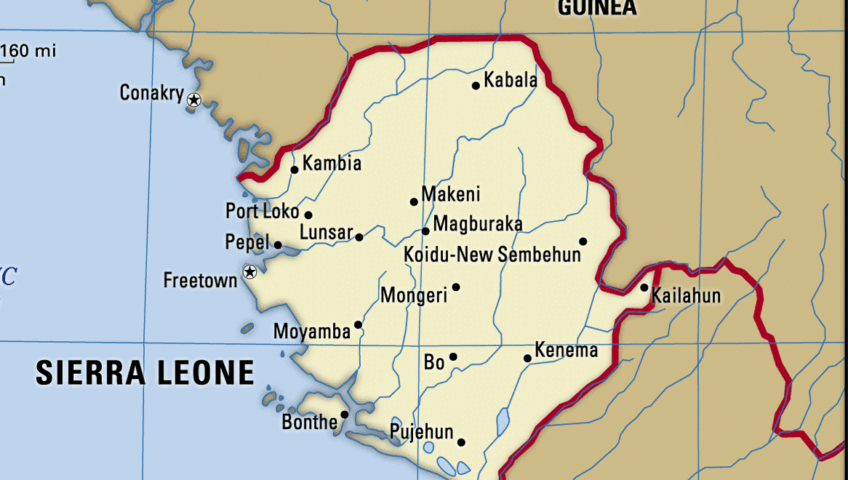The Sierra Leone government has kicked off a project to transform its cassava sector by building a sustainable seed system.
Known as Food Systems Resilience Program-Sierra Leone (FSRP-SL), the project is being funded by the World Bank, and aims to transform the cassava, maize, rice and soybean value chains in the country with emphases on seed system development, nutrition, technology adoption, capacity development and yield and productivity enhancement.
The project, worth over $3million will be implemented by the International Institute of Tropical Agriculture (IITA). It will leverage the assets and outputs of IITA projects such as the Building an Economically Sustainable Integrated Cassava Seed system, Phases 1 and 2 (BASICS-I & II) and the Cassava Weed Management Project. The Sasakawa Africa Association in Nigeria (SAA-Nigeria) will also support the project with capacity building for extension agents, farmers, seed entrepreneurs and other stakeholders.
Speaking on the objectives of the project, the Country Representative of IITA in Sierra Leone, Dr Alfred Dixon, stated that the activities are designed to respond robustly to the repeated shocks that smallholder farmers in the country have faced over the last decade.
His words: “The people of Sierra Leone and farmers especially have suffered the effects of climate change, Ebola, COVID-19, supply chain challenges, and armed conflicts. These shocks have impacted the food system negatively. So, this intervention will fight the growing food insecurity, improve the resilience and safety of food systems in the country, and feed substantially into the government’s “Feed Salone Strategy”.
On the Cassava Seed System development component, the Project Manager of the BASICS-II Project, Prof Lateef Sanni, stated that the FSRP-SL will utilize the BASICS model due to the success of the model in Nigeria, Tanzania, DR Congo and Rwanda.
“Cassava production in Sierra Leone is low but it holds huge potential for job creation, food security and industrial development,” he said. “But like every other crop, it all starts with the seed. One of the problems of cassava here is the low use of improved varieties and the use of poor-quality stems. So, this activity will change the narrative by developing cassava seed entrepreneurs, promoting the use of improved varieties and establishing structures for quality assurance”.
In the words of Dr Godwin Atser, the Country Director of SAA-Nigeria, “This transformation agenda can only be sustained by a system that has capacity and capability. We will build capacity across the board because to fully harness the potentials in cassava and other crop value chains, the critical stakeholders must have the capacity to catalyze, maintain and sustain the structure that this project will build. So, a critical part of the FSRP-SL is the training and retraining of the nation’s extension service providers, seed entrepreneurs, farmers and other stakeholders.
A capacity-building workshop for extension officers and advisory service providers has been scheduled to be held in Bo from June 26 to 28, 2024. Participants will be trained in Good Agronomic Practices, Six Steps in Cassava Weed Management and the use of digital tools.

